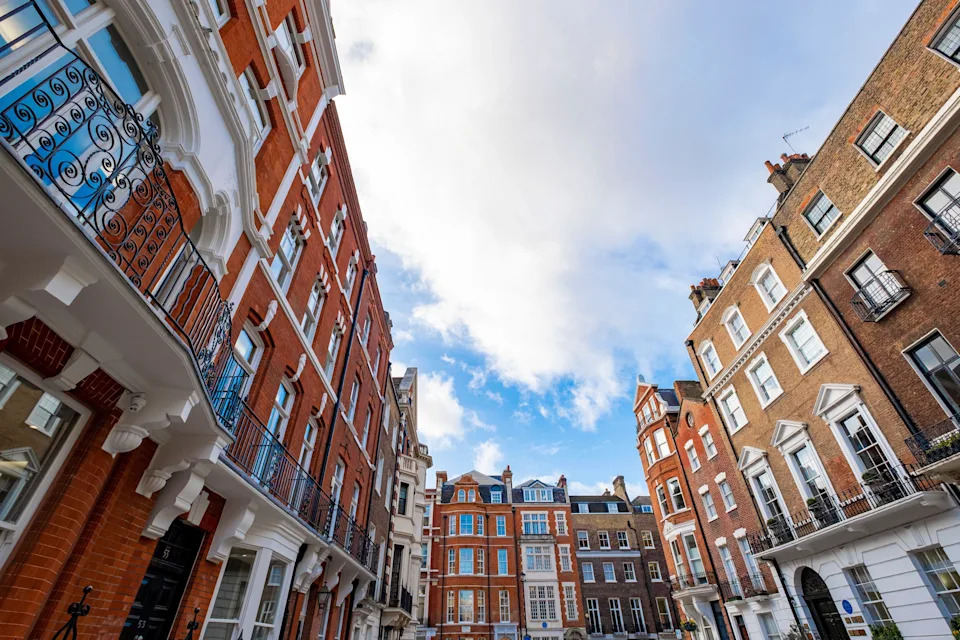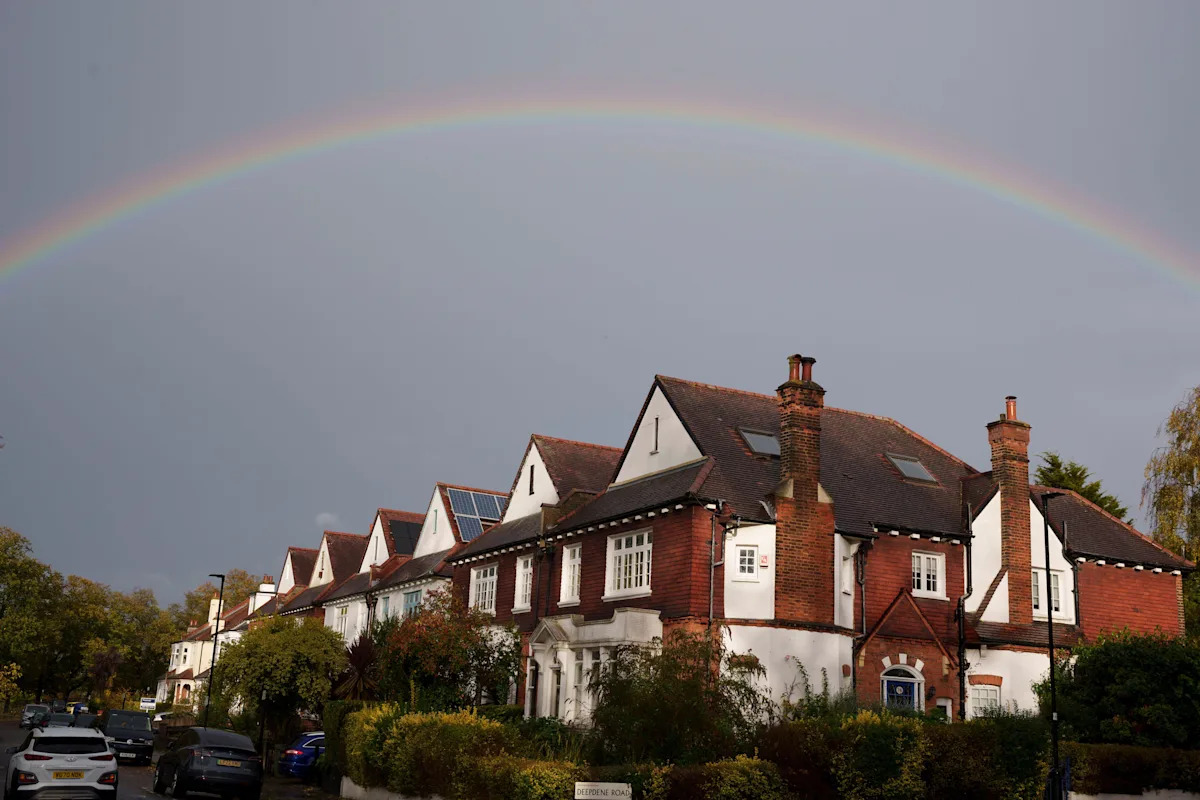Properties worth more than £2m will be subject to a so-called “mansion tax”, Rachel Reeves has announced in her budget.
The “high-value council tax surcharge” will include four price bands, rising from £2,500 for a property valued between £2m to £2.5m, to £7,500 for a property valued at £5m or more, all uprated by inflation each year.
The measures are projected to raise £400m in 2029-30, and though the money will be collected via council tax, all the cash will go to central government rather than local authorities.
Here, Yahoo News explains how to check if you will be affected by this tax change and what it means for you.
Which council tax bands could be affected?
It has previously been reported that in order to facilitate any kind of “mansion tax”, the government would revalue properties in the three highest council tax bands – F, G and H – to assess who is liable to pay the levy.
However, a Treasury document explaining the new council tax surcharge says a “targeted valuation exercise” will be conducted by the Valuation Office to identify properties above £2m – expected to be fewer than 1% of properties in England.
Revaluations will be conducted every five years.
Previous criticism of the council tax system has pointed out that current bands are based on rushed valuations carried out in 1991, and that growth of property prices has varied considerably across the UK since then, meaning that someone living in a valuable home in London could be paying less council tax than someone in a less expensive house in the North of England, depending on valuations carried out 34 years ago.
But while the surcharge won’t be related to council tax bands, there are question marks over how the properties that fall into its brackets will be identified and it remains unclear exactly how these valuations will be undertaken accurately
The Institute for Fiscal Studies (IFS) has criticised the tax, saying: “When it comes to property, we now have a council tax system based on 1991 values, with a new complicated bolt-on for high-value houses based on what the house is worth today. There’s a reasonable case for levying more high-value homes, but the design of this tax leaves much to be desired.”

Homes in London and the South East are expected to be impacted the most. (Alamy)
Ingrid McCleave, a partner and tax specialist at city law firm DMH Stallard, said: “The Valuation Office is going to be very busy identifying which properties will be caught by the new surcharge. Revaluations will be done every five years and will go up each year by the consumer price index.
“Trusts, companies, and partnerships are likely to be brought into the charge after consultation. This may have the effect of dampening house prices just below the four band thresholds of £2m, £2.5m, £3.5m and £5m.”
What does this mean for homeowners?
The plans are expected to impact homeowners in London and the South East the most.
Just over 60% of homes worth over £2m are in London, while 20% are in the South East, according to analysis by Lucian Cook, director of residential research at agents Savills.
If your home is in council tax bands A to E, it’s unlikely that you will be affected by the plans, though the surcharge isn’t based on particular bands so it’s not impossible.
But for those with properties around the £2m mark, the surcharge could bring uncertain times, according to experts.
Tom Bill, head of UK residential research at Knight Frank, said: “Until the revaluations take place, buyers and sellers face years of uncertainty, especially around the £2m threshold. Even once completed, new valuations can be challenged, which would prolong the limbo.”
But Savills’ Cook said the surcharge is “the least worst outcome for owners of prime property”.
He said in the long term the measures could act as an incentive for older home owners to downsize and, in some cases, heavily mortgaged owners of high value homes to move to a less valuable property, pushing some demand out of London into the commuter zone.
“However, this impact will be tempered by an ability to defer any charges until sale or death which should prevent a rush of stock coming to the market,” he said.
“In the more domestic markets, it will temper the size of mortgage those using debt to fund a purchase would otherwise be able to secure. But in reality this will be more dependent on the pace and scale of future interest rate cuts.”
Will it affect the property market?
Knight Frank’s Bill said more properties would inevitably get “dragged into the mansion tax net, which means the proportion of terraced houses, flats and semi-detached homes will grow over the years, particularly in the capital.”
“The term ‘mansion tax’ will increasingly feel like a misnomer,” he added.
Colleen Babcock, a property expert for Rightmove, cautioned over “distortion” at the top end of the market, saying: “Sellers of homes priced very close to the £2m mark may need to ask for £1.99m to avoid putting off potential buyers.”
“And retired homeowners who benefited from house price inflation may face the difficult decision of whether they can afford the annual upkeep of a £2m home,” she added.
Simon Bashorun, head of advice for wealth manager Rathbones Private Office, agreed that the tax “risks creating price cliffs near the threshold”, which could lead to fewer sales and prevent renovations.

